Pneumonia in Dogs | Treatment & Symptoms
30.11.2021.
Like humans, dogs have a respiratory system, and just like us, they can develop pneumonia. If you noticed something weird about your dog and you suspect your dog might have developed or is currently developing pneumonia, you should take them to the vet. There are different signs your dog will display if they’re having respiratory issues, and it is your job to make sure your dog gets the treatment they need. Here’s what you should know about pneumonia in dogs.
What is pneumonia?
The shortest description and the easiest way to understand pneumonia is this - it is a health issue that will affect the dog’s respiratory system. Pneumonia will affect your dog’s ability to breathe, and it can affect their lungs and airways.
How will pneumonia affect my dog?
The dog’s respiratory system consists of the upper and lower respiratory systems. The upper one consists of the nose, nasal sinuses, throat, and trachea. The lower respiratory system consists of bronchi, bronchioles, and alveoli. What most dog owners refer to as pneumonia is the inflammation of the alveoli or small air sacks. That can lead to pus or fluid buildup. That will make it very hard for dogs to breathe.
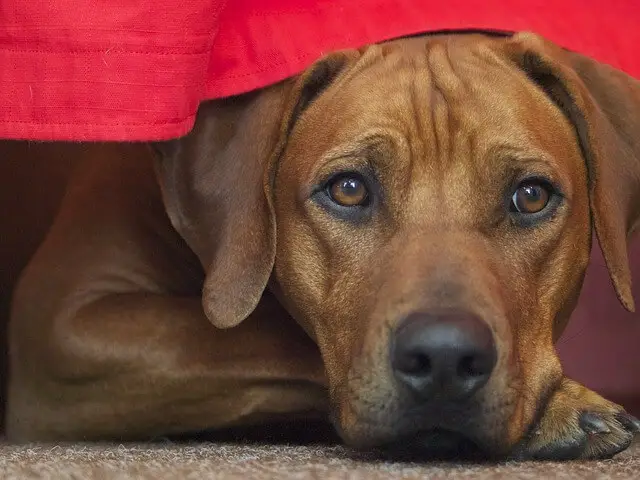
How can I know if my dog has pneumonia?
As dog owners, we might have trouble understanding our dogs have pneumonia. However, it is pretty easy to notice something’s wrong with your dog. The best thing you can do is notice pneumonia symptoms, even if you don’t know they’re pneumonia symptoms. As soon as you see your dog acting weird, you should call your vet and ask for advice. The vet will most likely tell you to bring in your dog for an examination and give your vet a chance to diagnose the disease.
Symptoms of pneumonia in dogs
As we just mentioned, you should know which symptoms to look for and how to define them. It will be pretty hard to miss them since pneumonia will cause severe breathing issues. Nevertheless, you should know what symptoms are possible. The most common symptoms of pneumonia in dogs are;
- Short, shallow breath
- Breathing issues
- Green, yellow or bloody mucus after coughing
- Fever
- Fatigue
- Lethargy
- Blue, grey, or purple mucus membranes
- Hyperventilating
- Loss of appetite
- Coughing
At the beginning of the disease, your dog might exhibit only a few of these symptoms. You should stay on the cautious side and call your vet as soon as you notice a few of them. Coughing can be a symptom of different respiratory issues, so make sure your vet knows what’s going on.
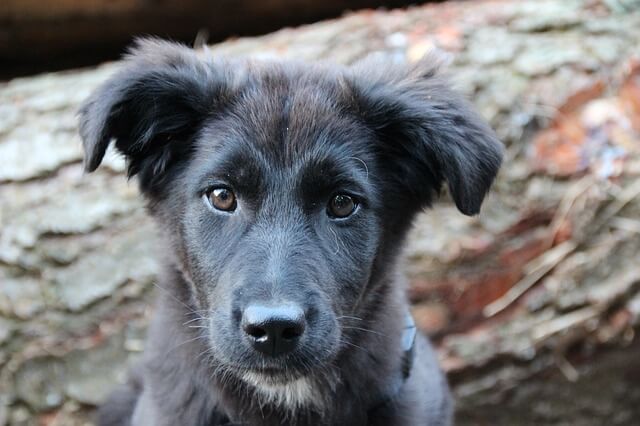
How is pneumonia in dogs diagnosed?
The first step to recovery is a correct diagnosis. Vets need to examine the affected dog and make sure they have pneumonia. Only then can they decide what the best treatment option is. Luckily, vets have a couple of tools up their sleeves that can help them diagnose this disease. After listening and examining all the symptoms the dog is exhibiting, the vet can perform one of these tests that will confirm pneumonia and eliminate other possible diseases that can cause the same symptoms;
- Thoracic radiography (chest X-ray)
- CBC and biochemistry profile
- Tracheal lavage
- Cytology using bronchoscopy
What causes pneumonia?
Unfortunately, there are many potential reasons dogs can develop pneumonia. It is nearly impossible to prevent all possible causes. Some of the most common reasons dogs get this disease are;
- Laryngeal paralysis
- Cancer
- Cleft palate
- Aspiration
- Parainfluenza (pneumonia can develop as a secondary infection)
- Inhaled irritants
- Escherichia coli
- Streptococcus zooepidemicus
- Bordetella bronchiseptica
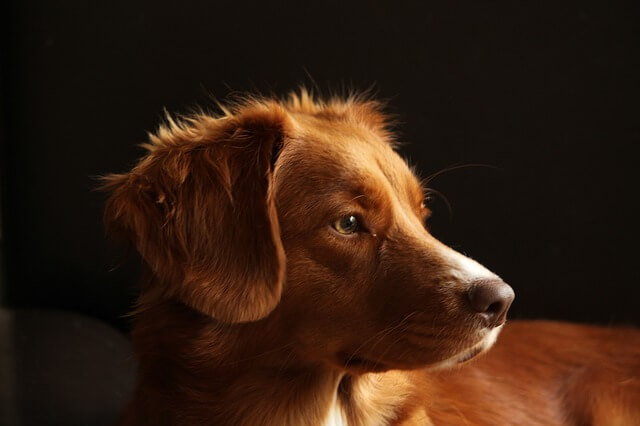
VET TIP: One of the things that can cause similar symptoms to pneumonia is kennel cough. This infectious cough can spread quickly among dogs. You can read more about it here - Kennel cough in dogs.
How is pneumonia in dogs treated?
Dogs with pneumonia can get in pretty bad shape. However, the disease is treatable. If it’s spotted in time, the vet can prescribe a pretty effective treatment option that will help your dog get better quickly. However, vets will have to uncover what type of bacteria caused pneumonia. After they successfully do that, they can prescribe the most effective antibiotic for that specific type of bacteria.
Keep in mind that lab results take time, so your vet might adjust the treatment after the initial prescription. In most cases, vets start treating dogs with broad-spectrum antibiotics, like doxycycline or amoxicillin. They might switch to something more effective after they get bacterial cultures with the exact type of bacteria causing pneumonia.
Worst cases of pneumonia can require hospitalizations. Some dogs get so sick they completely lose their appetite, get dehydrated, and have severe respiratory distress. The vet will put the dog under observation and treat them with IV fluid, meds, and oxygen therapy. Vets can also prescribe bronchodilators, expectorants, or other meds to combat specific symptoms in sick dogs.
What is the prognosis?
The exact prognosis will depend on several factors like the severity of the disease, the dog’s age, and other risk factors that could potentially affect the outcome. However, most cases are not that complicated, and powerful antibiotics will mostly resolve the disease. For these dogs, the prognosis is excellent.
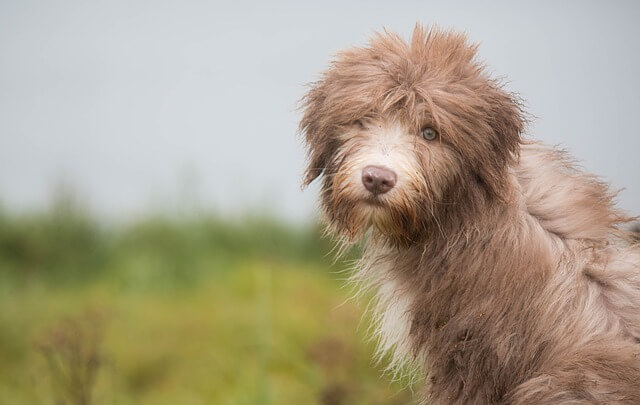
However, there are cases involving senior dogs, debilitated dogs, or dogs with immunodeficiency diseases, and their prognosis is questionable, to say the least. Some risk factors cannot be resolved, and in those cases, infections can happen repeatedly. It can get very complicated, and some dogs will be too weak to pull through.
In conclusion
Pneumonia can be pretty scary, and as soon as you notice something wrong with your dog’s respiratory system, you should call your vet. It is true that in most cases, dogs don’t have pneumonia. But that doesn’t mean you shouldn’t take them to the vet. In most cases, pneumonia can be treated with powerful antibiotics that can resolve bacterial infections pretty effectively. Make sure your dog receives the best possible treatment, and never delay vet appointments or checkups.
World Dog Finder team

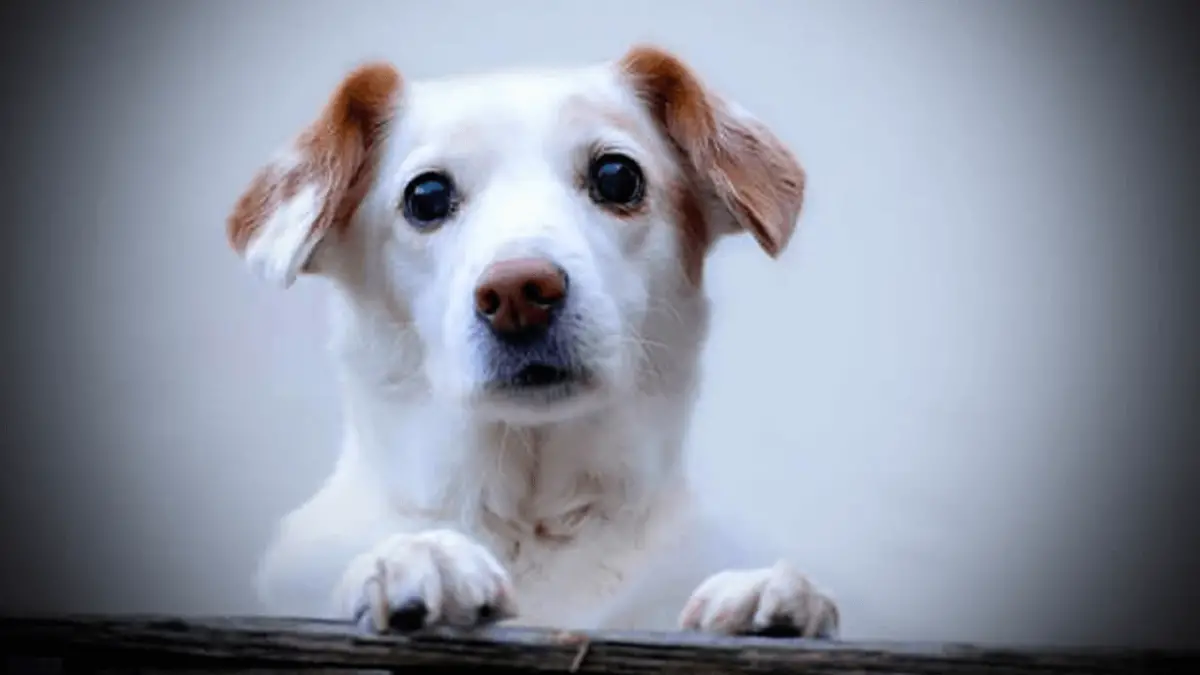





Share